The One Popular Food Seasoning You Should Avoid for a Healthy Brain

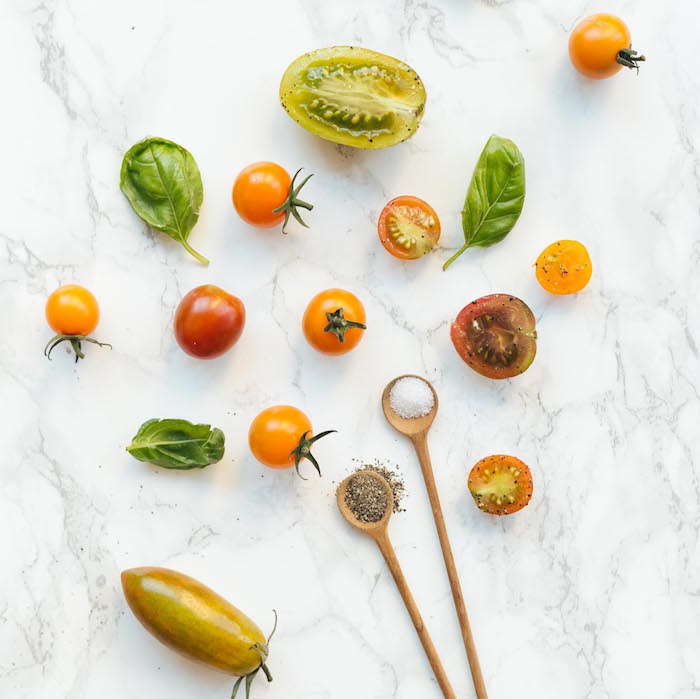
There are certain types of foods and drinks that provide special benefits to your brain. For example, in the past, studies have shown that we can boost our cognitive health and/or function by eating avocados and drinking beet juice. But what's just as important as knowing what to eat for good brain health is knowing what not to eat. That's where a new study comes in. According to Newsweek, researchers from McGill University in Montréal took it upon themselves to study the effects of salt on cognitive function. We've already been warned that too much salt can negatively affect our bodies, but there has been little word on how it affects our minds.
For the study, researchers fed a group of lab mice a high-sodium diet (relatively comparable to an average human's high-sodium diet). Another group of lab mice wasn't fed a high-sodium diet; they functioned as the control group. After two months, researchers used magnetic resonance imaging, or MRI technology, to look at all of the mice's brains, and what they found was surprising. Mice being fed a high-sodium diet had less blood flow to regions of the brain responsible for learning and memory. They also proved less efficient during maze tests as compared to the other mice.
Researchers also found that the mice consuming a high-salt diet experienced an immune response, one similar to when the human body detects a viral or bacterial infection. "It's reacting to the presence of the salt as if it's something to fight against," Elizabeth Hillman, a biomedical engineer at Columbia University's Zuckerman Institute, told Newsweek.
Luckily, researchers found that once these mice were put back on their normal diet, the effects seemed to reverse. They were back to normal blood flow levels and cognitive function. It just goes to show that salt should be used in moderation. Now we have another reason to put down the salt shaker and opt for more raw and unprocessed foods. Bad news for movie theater popcorn, but good news for our health.
Disclaimer
This article is provided for informational purposes only and is not intended to be used in the place of advice of your physician or other medical professionals. You should always consult with your doctor or healthcare provider first with any health-related questions.

Kaitlyn McLintock is a Beauty Editor at Who What Wear. She has 10 years of experience in the editorial industry, having previously written for other industry-leading publications, like Byrdie, InStyle, The Zoe Report, Bustle, and others. She covers all things beauty and wellness-related, but she has a special passion for creating skincare content (whether that's writing about an innovative in-office treatment, researching the benefits of a certain ingredient, or testing the latest and greatest at-home skin device). Having lived in Los Angeles, California, and Austin, Texas, she has since relocated back to her home state, Michigan. When she's not writing, researching, or testing beauty products, she's working through an ever-growing book collection or swimming in the Great Lakes.
-
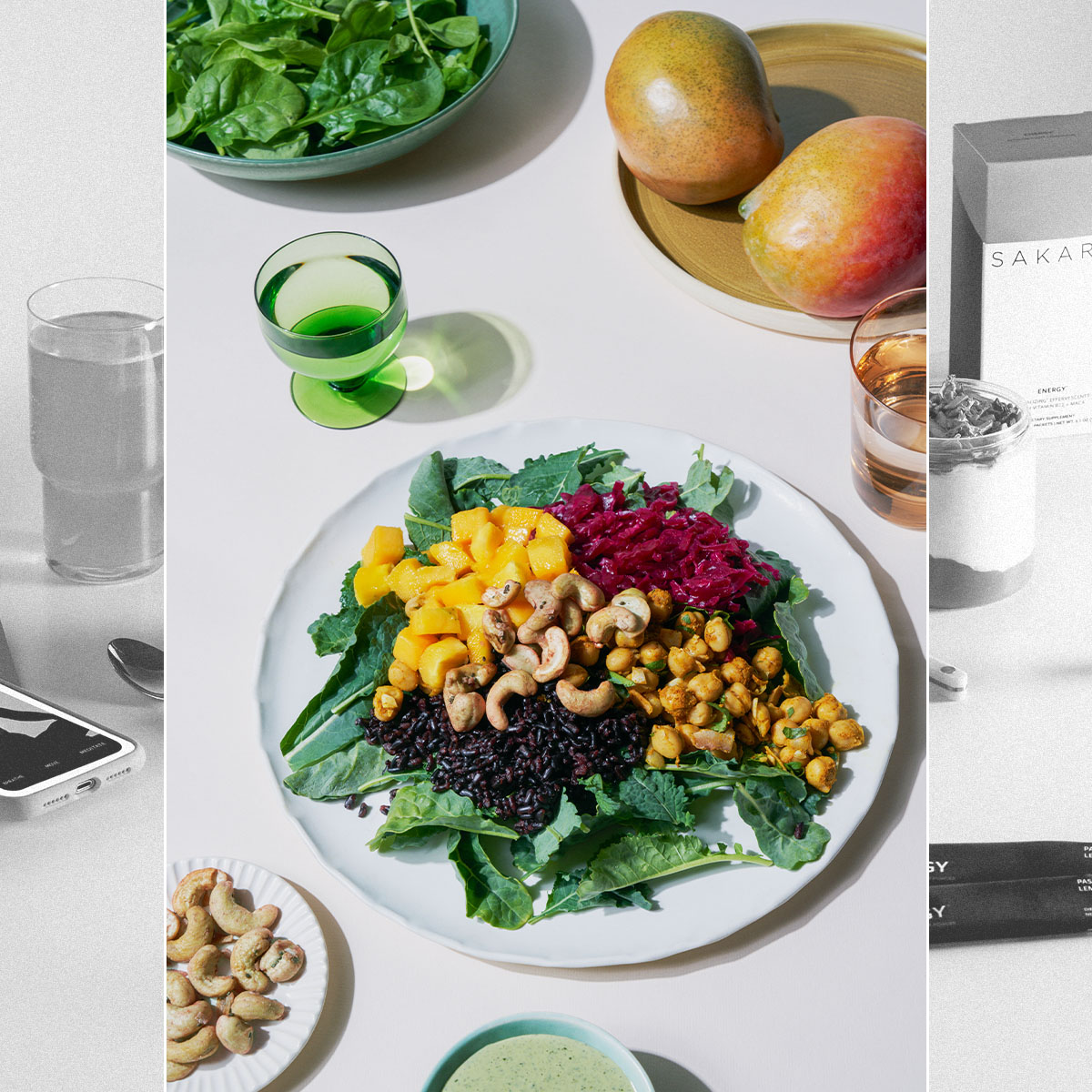 Bella Hadid and Gwyneth Paltrow Apparently Love Sakara Life, so We Tried It for 30 Days
Bella Hadid and Gwyneth Paltrow Apparently Love Sakara Life, so We Tried It for 30 DaysHere are our honest thoughts.
By Erin Jahns
-
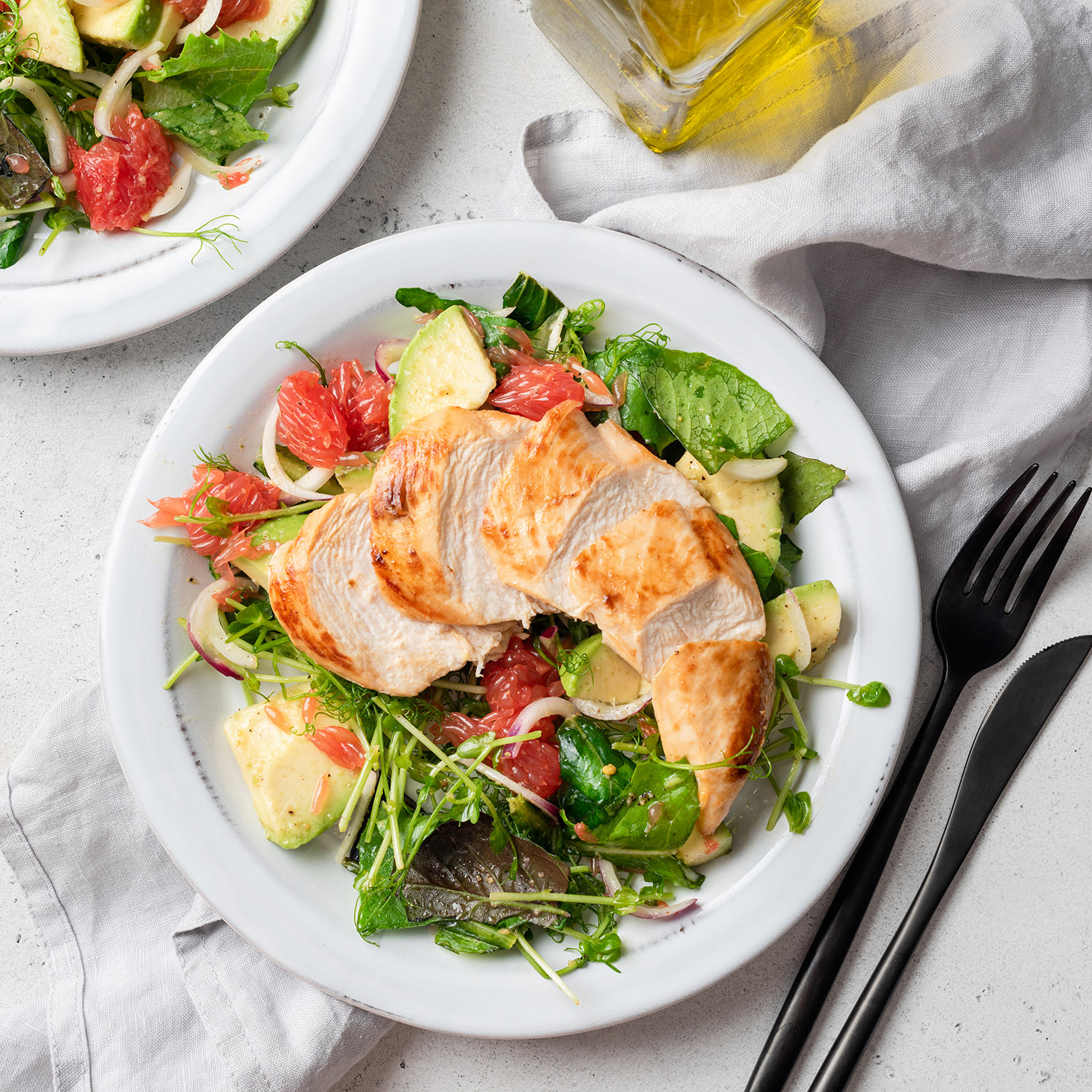 The 6 Warning Signs You're Not Getting Enough Protein
The 6 Warning Signs You're Not Getting Enough ProteinAnd what to eat to up your intake.
By Sarah Yang
-
 Everything This Professional Ballet Dancer Eats to Fuel Her for Performances
Everything This Professional Ballet Dancer Eats to Fuel Her for PerformancesHer grocery staples include high-quality French butter.
By Candice Aman
-
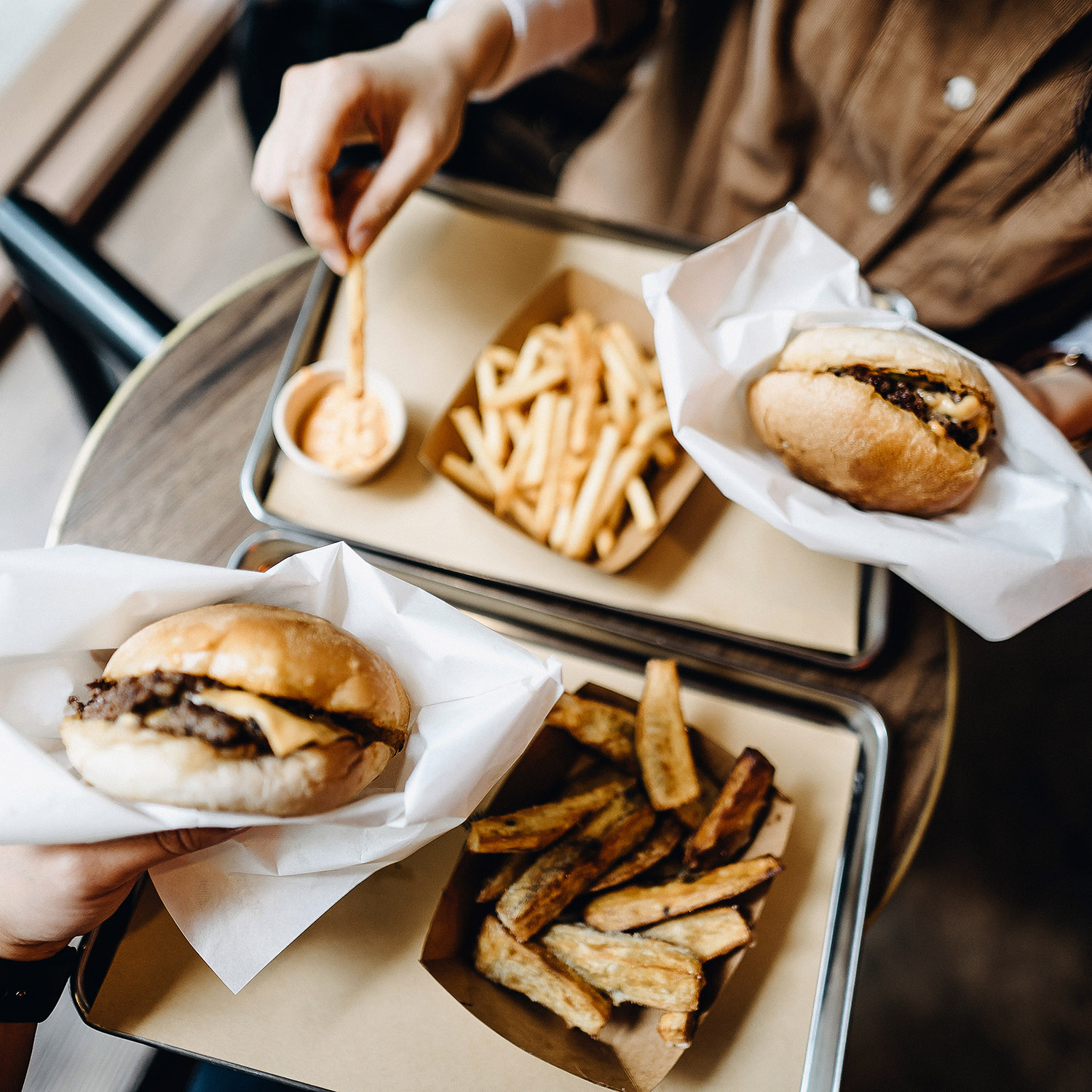 These 8 Foods Are the Worst for Rosacea—Here's What to Eat Instead
These 8 Foods Are the Worst for Rosacea—Here's What to Eat InsteadControl those flare-ups.
By Sarah Yang
-
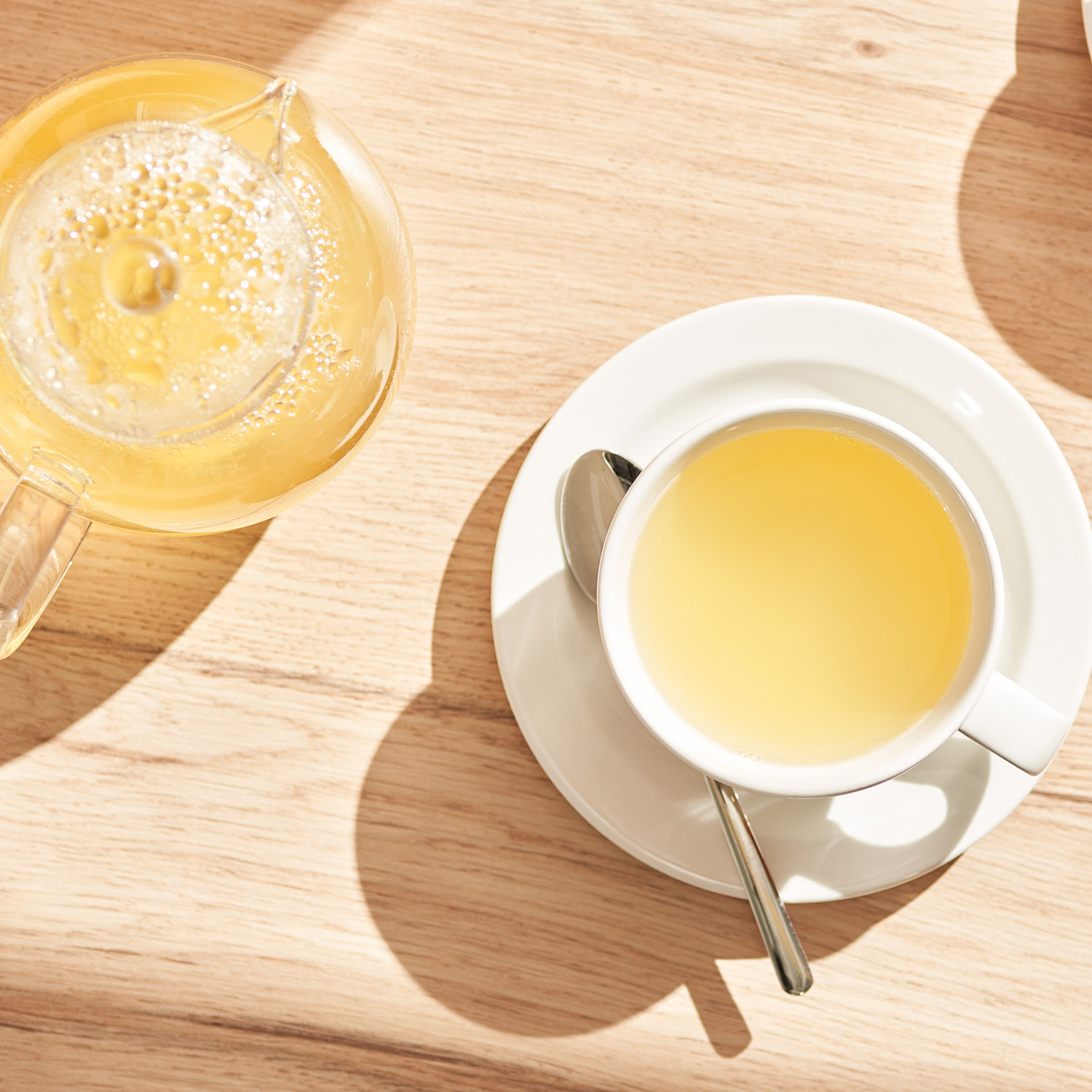 15 Things That Cause Bloating and How to Get Rid of It ASAP
15 Things That Cause Bloating and How to Get Rid of It ASAPTry these.
By Sarah Yang
-
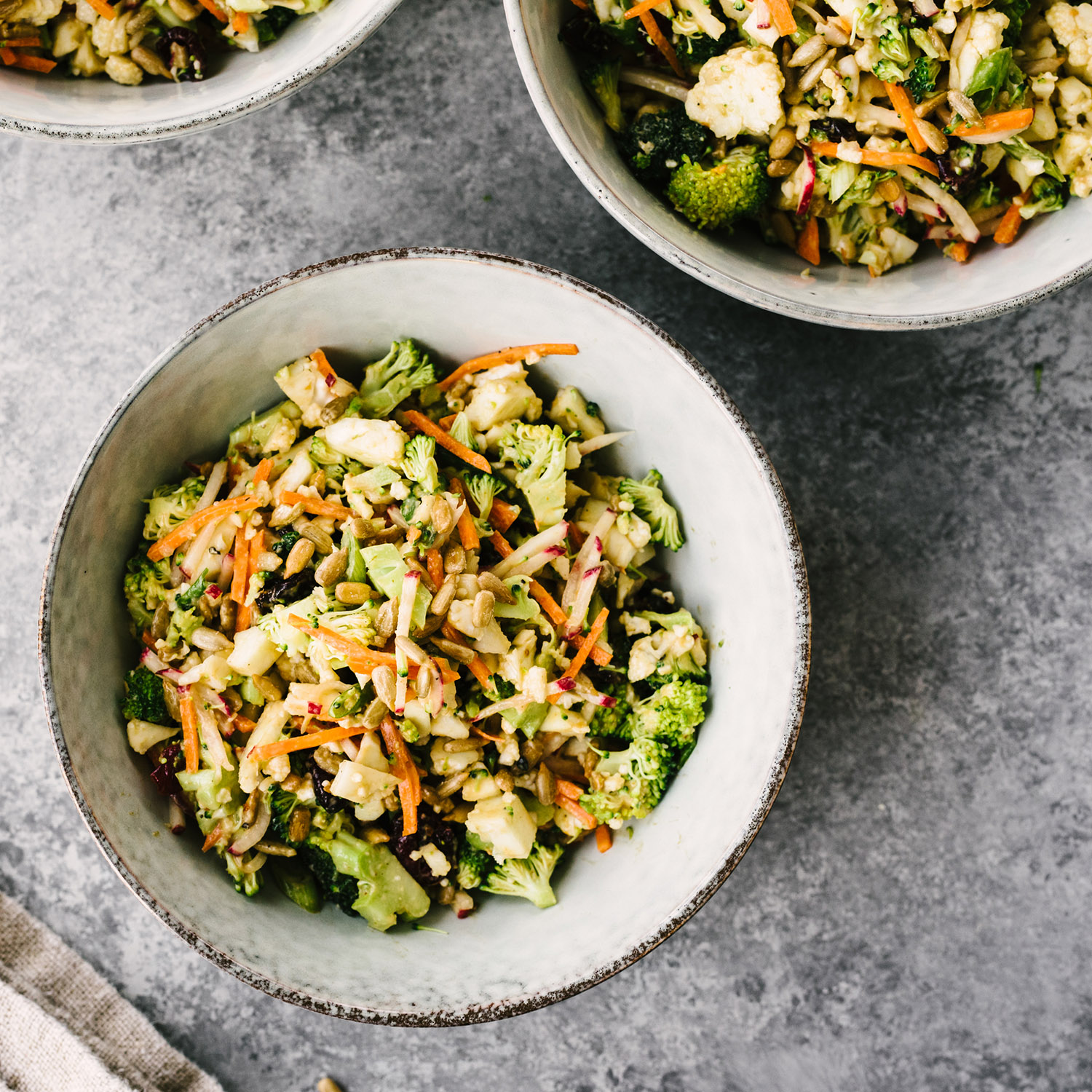 Is the Alkaline Diet Overhyped? What Experts Want You to Know
Is the Alkaline Diet Overhyped? What Experts Want You to KnowHere's how it works.
By Sarah Yang
-
 I'm an Imperfect Dietitian and My Key to Eating Healthy Meals Is Convenience
I'm an Imperfect Dietitian and My Key to Eating Healthy Meals Is ConvenienceTake a peek at my weekly grocery staples.
By Candice Aman
-
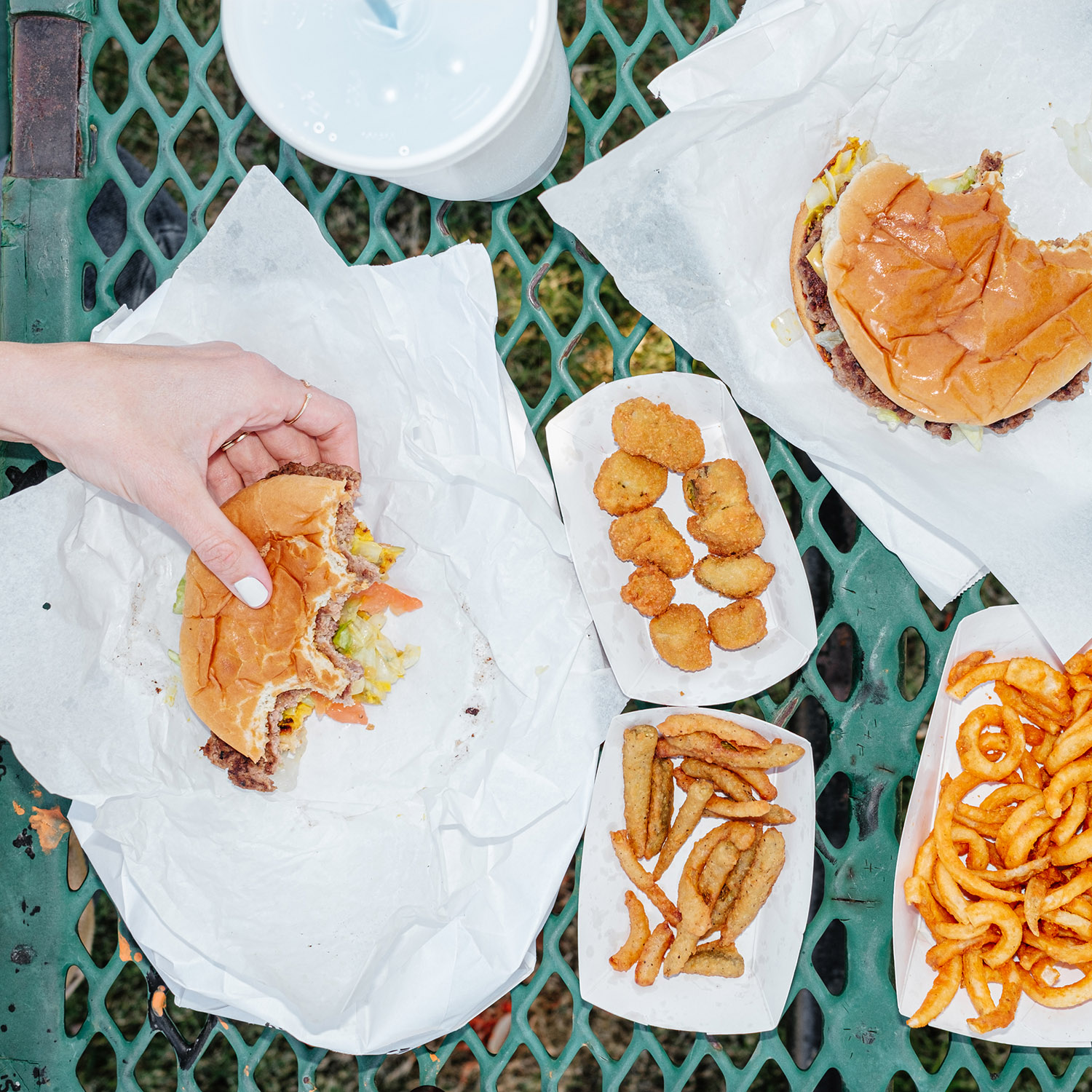 Avoid These 6 Foods—They'll Wreck Your Gut Health
Avoid These 6 Foods—They'll Wreck Your Gut HealthWhat to eat instead.
By Sarah Yang

